Prevent Bladder Leaks: 6 Unexpected Diet Tips
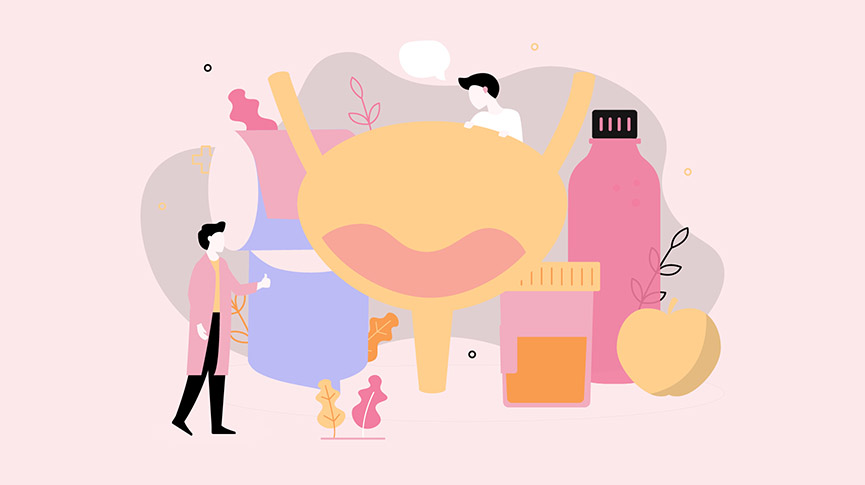
This article was medically fact-checked by Consultant Obstetrician and Gynaecologist Dr. Shree Datta.
The things you eat and drink every day can irritate the bladder and contribute to leaks – but it’s not always obvious which foods are causing your distress. For any woman experiencing urine leaks the most important step is to talk to a doctor, and to set a treatment plan. However, for some women small dietary changes can sometimes help improve bladder health.
There are of course the usual suspects that can make you need to cross your legs before a cough. Balancing your water intake is important – too much can send you sprinting to the ladies’ room, but too little can dehydrate you and make your urine more concentrated, which irritates your bladder. Both alcohol and caffeine (even decaf!) are diuretics, which cause your body to produce more urine, and should be avoided when possible.
However, here are 6 more unexpected dietary changes that can help keep the leaks at bay.
1. Stop Refilling Your Chocolate Stash
Say it ain’t so! All types of chocolate with cocoa in the ingredients list contain some amount of caffeine. If your sweet tooth has you nibbling on a bar or two every day, try to limit yourself for a little while to see if your leaks get better.
2. Slow Your Sugar Intake
Before you switch out your chocolate stash for a sweets drawer, consider the effect of sugar on your bladder. Sugars, honey, and artificial sweeteners have all been linked to irritated bladders and higher instances of leaks. Your sweet tooth can increase the risk of getting a UTI – which can cause long term urinary issues. Cutting down on sugar is also good for keeping your weight in check, a major contributor to type II diabetes risk, which, incidentally, also contributes to bladder control problems.
 3. Pass on Spicy Foods
3. Pass on Spicy Foods
Another bathroom-related reason to avoid that ghost pepper firehouse chili: spicy foods can irritate the lining of your bladder – especially in women. That doesn’t mean you’re stuck with boring flavors though, it might take some trial and error but you can find the balance between a satisfying meal and an evening spent rushing to the bathroom.
4. Cut Down on Carbonation
Even fizzy drinks without caffeine, like seltzer and carbonated fruit drinks can increase your need to go. The carbon dioxide in the drinks (which is what makes it bubble), can irritate your bladder and have you sprinting to the ladies’ room before you know it.
 5. Avoid Acidic Foods
5. Avoid Acidic Foods
Fruits with high acidity, citrus like lemons or oranges and even pineapple, can aggravate your bladder and increase the likelihood of urge incontinence. Cranberries, which are often recommended for managing urinary tract infections (UTIs), can also irritate the bladder and make leaks more likely so unless you have a UTI it’s best to pick a milder juice or stick to water. Sweet fruits aren’t the only acidic foods; tomatoes are also an issue.
Cooking the tomatoes doesn’t help either; even cooked tomato dishes, like pasta sauce and chili can still affect your ability to hold urine in.
6. Add in More Fiber
One of the biggest dietary changes you can make to treat bladder leaks is by easing constipation symptoms. If space in your abdomen is taken up by a bowel movement that just won’t move, it leaves less space for your bladder to fill with urine. Constipation typically means a lot of pushing to get things out, which can increase pelvic floor weakness, a major cause of incontinence. Eating plenty of fruits, vegetables, and grains, as well as keeping hydrated, can help to avoid constipation.
Overall, your fluid intake most likely has a bigger impact on bladder leaks than your diet, but these tips can still be utilized to help manage urinary incontinence. If you need help gauging how much you’re drinking, dry keeping a fluid input and output diary, along with reviewing any medications that may be aggravating symptoms. Talk it out with your doctor to create a treatment plan that includes pelvic floor exercises and a balanced diet in which you still get to enjoy your favorite foods.
Facts checked by:
Dr. Shree Datta
Dr. Shree Datta is a Consultant Obstetrician and Gynaecologist in London, specialising in women’s health including all menstrual problems such as fibroids and endometriosis. Dr. Shree is a keen advocate for patient choice, having written numerous articles and books to promote patient and clinician information. Her vision resonates with INTIMINA, with the common goals of demystifying periods and delivering the best possible care to her patients
Written by:

A collective group of “lady experts” at Intimina who love sharing our personal experiences, even when they are a little too personal. We believe it’s time to start breaking down the taboos around menstruation, motherhood, and menopause, and start owning our female health.
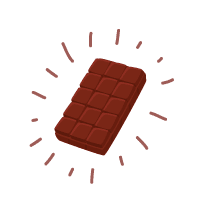
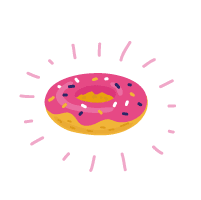
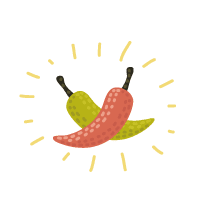 3. Pass on Spicy Foods
3. Pass on Spicy Foods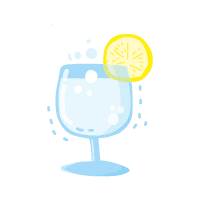
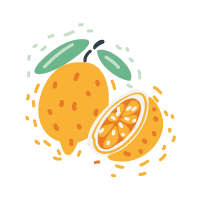 5. Avoid Acidic Foods
5. Avoid Acidic Foods



Hello, anytime I drink water I have to pee for the whole day, even when I am in the street because I can’t hold it. I also feel weak by urinate a lot, sometimes a big ball came out from my vaginia blocking my urine. I don’t know exactly what the big ball means.
Hi Marie. I’m not sure I fully understand all of your concern, but if you’re having trouble controlling your bladder, or having unusual discharge from your vagina, we highly recommend seeing your doctor.
I started waking up 3-5 times a night to urinate after I had my second COVID vaccine. That was in April.
I’ve been on two medications, both with bad reactions.
I am going for PT and acupuncture.
My primary care doctor finally prescribed sleeping pills. I was also diagnosed with sleep apnea.
I have been doing daily exercises to strengthen the bladder and pelvic floor.
What else can I do?